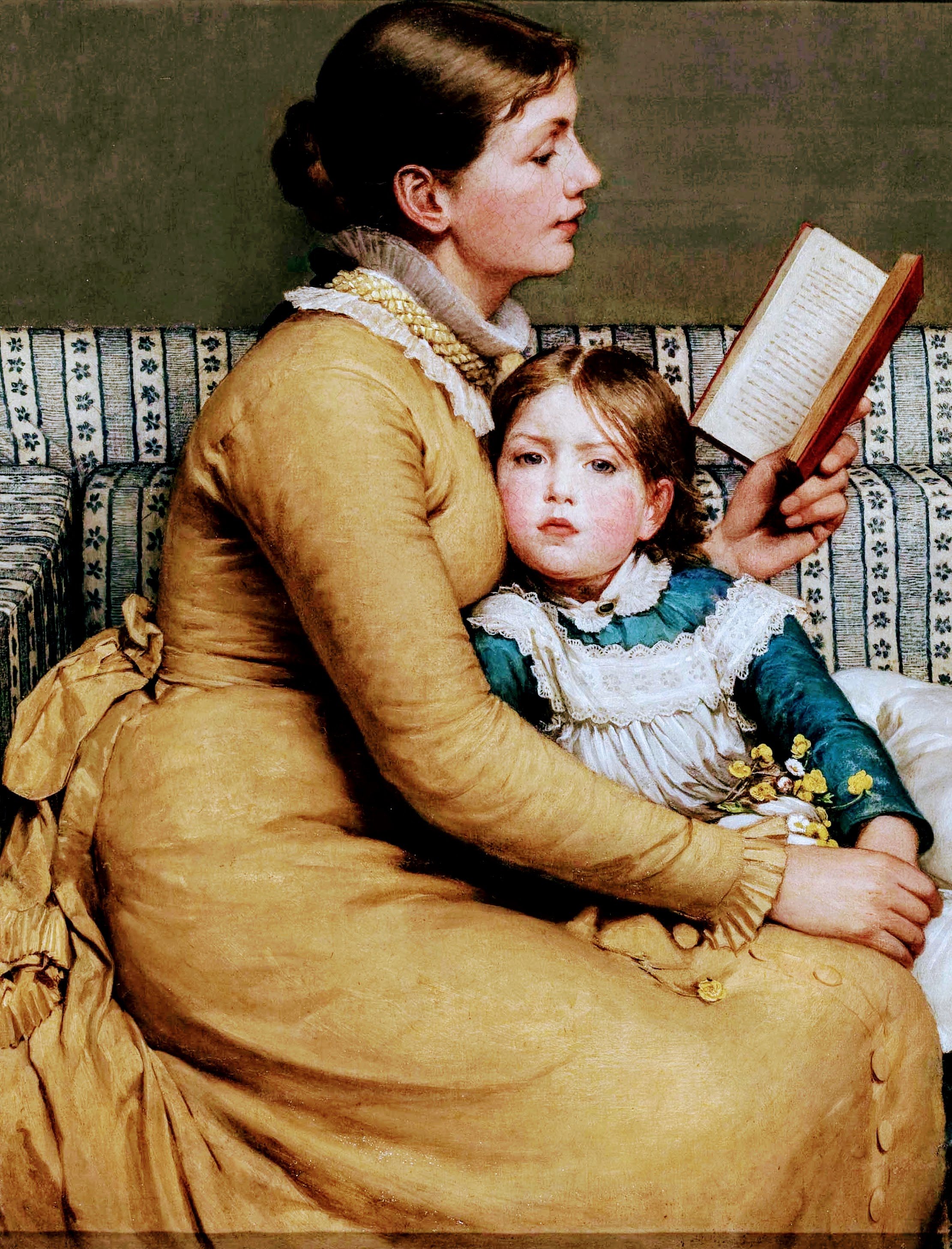Recent research from HarperCollins Publishers in the U.K. has shed light on a concerning trend: Gen Z parents are reading aloud to their young children far less often than previous generations. In fact, many of these parents reported not finding it enjoyable, viewing reading instead as just "another subject to learn."
The study revealed a significant drop in the frequency of reading aloud. Only 41% of children aged 0 to 4 are regularly read to, a sharp contrast to the 64% reported in 2012. Interestingly, the research also highlighted a disparity between genders, with only 29% of boys aged 0 to 2 being read to daily or almost daily, compared to 44% of girls in the same age group.
"This study underscores a worrying decline in early literacy experiences for young children, which are so vital for language development," emphasizes Jocelyn M Wood, SLP, PLLC, a child development expert and bilingual speech-language pathologist.
Wood further explains the potential long-term consequences: "Even though we're just beginning to see this decrease in parents taking the time to read with their children, the ripple effects could be substantial. We may see more children entering school lacking the foundational language, critical thinking, and early literacy skills that are nurtured through shared book reading—not to mention the valuable bonding time with their caregivers that is also lost."
Despite overwhelming evidence that reading aloud to infants and young children fosters a love of reading, expands vocabulary, enhances cognitive development, and offers numerous other benefits, the 2024 Understanding the Children’s Book Consumer survey indicates that the practice is at an all-time low.
This decline may be partly due to negative perceptions of reading itself. The research found that only 40% of surveyed parents considered reading a fun activity. Furthermore, about one in three Gen Z parents see reading as a subject to be taught, compared to one in five Gen X parents. It's worth noting, however, that 34% of parents with children aged 0 to 13 expressed a desire to have more time to read to their kids.
According to Allison David, consumer insight director at Farshore and HarperCollins Children’s Books, children who are read to daily are three times more likely to choose to read independently compared to those who are only read to weekly.
Literacy experts suggest several contributing factors to this decreased desire and interest in reading aloud. Hectic schedules and the pressure of completing homework often push reading for pleasure to the sidelines.
While the importance of reading to children might seem obvious, some parents may not fully grasp its profound impact. One study revealed that young children whose parents read to them will hear approximately 1.5 million more words by the time they reach age 5 than children who are not read to at all—a difference some experts refer to as the "million-word gap."

Picture: Alice in Wonderland by George Dunlop Leslie (Wikimedia Commons)



